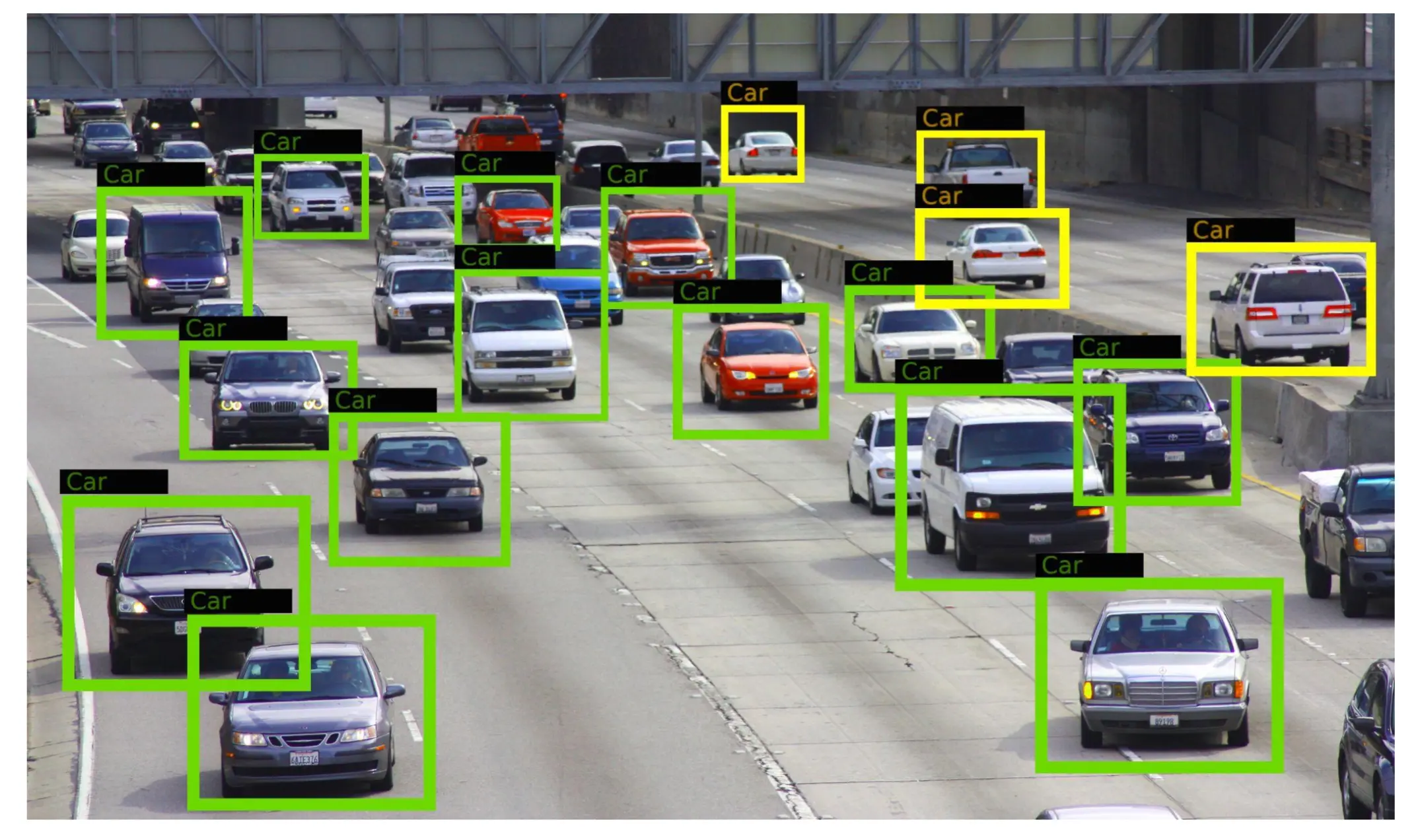- Publication: IBM
- Publication Date: 2023
- Organizations mentioned: Lloyds Banking Group, Bouygues Télécom, Adobe, Oxford Economics, Mitsui Chemicals
- Publication Authors: IBM Institute for Business Value
- Technical background required: Medium
- Estimated read time (original text): 30 minutes
- Sentiment score: 45%, Neutral
TLDR
The IBM Institute for Business Value and Oxford Economics conducted surveys with executives and CEOs to provide a balanced assessment of generative AI adoption, focusing on factual data and strategic relevance rather than extreme viewpoints. The surveys aimed to uncover business leaders’ plans, expected benefits, and barriers to implementing generative AI.


Methodology:
- IBM and Oxford Economics conducted a global survey of nearly 400 executives and 200 CEOs from various countries including the US, Australia, Germany, India, Singapore, and the UK.
- The survey focused on understanding business leaders’ plans for adopting generative AI, expected benefits, and barriers.
- It aimed to offer a balanced view amidst the extreme opinions surrounding generative AI in the business context.
Key Findings:
- There is a cautious yet growing adoption of generative AI among executives, with expectations of its ROI exceeding 10% by 2025.
- Generative AI is seen as a tool to augment rather than replace the workforce, emphasizing the changing roles and skills in the workplace.
- A significant percentage of executives anticipate a shift in workforce skills, with an increased importance on creativity and technology skills.
- The study highlights a trend towards strategic and considered implementation of AI, moving away from hype-driven adoption.
- Barriers to generative AI adoption include a lack of understanding and the challenge of integrating AI into existing systems and processes.
Recommendations:
- Enterprises should approach generative AI adoption with a strategic mindset, focusing on areas where AI can deliver tangible business value.
- Skill development in creativity and technology should be prioritized to harness the full potential of generative AI in the workforce.
- Businesses need to bridge the gap between AI awareness and practical application by investing in training and development.
- A careful evaluation of the ROI potential of generative AI projects is crucial for informed decision-making.
- Overcoming integration challenges requires a focus on compatibility and flexibility in AI systems.
Thinking critically
Implications:
- The adoption of generative AI could revolutionize the job market, demanding more creativity and tech skills, potentially widening the skills gap and causing job displacement.
- Organizations not adopting a strategic generative AI approach may fall behind, creating a market divide between AI-advanced and lagging companies, impacting competition and market dynamics.
- Increased ROI from generative AI may boost AI investment, spurring economic growth but raising ethical and regulatory concerns about AI’s societal impact.
Alternative Perspectives:
- The report’s survey-based methodology might not capture the real-world complexities of generative AI implementation, potentially overlooking technical, privacy, and integration challenges.
- Potential negative impacts of generative AI, like job redundancies and ethical dilemmas, might be underrepresented, overshadowing issues like the digital divide and AI decision-making ethics.
- The optimistic ROI forecast for generative AI might not align with actual returns due to technical challenges and market resistance, given the technology’s early-stage development.
AI Predictions:
- Organizations will likely focus more on workforce upskilling for the changing job landscape due to generative AI, especially in creative and tech areas.
- The integration of generative AI into businesses is expected to lead to innovative products and services, transforming industries like marketing and customer service.
- The rise of generative AI will prompt the development of specific ethical guidelines and regulatory frameworks to address its unique ethical and societal challenges.
Glossary
- Generative AI: AI that creates content, data, or ideas, based on extensive data learning.
- Variational Autoencoders (VAEs): A type of AI model used for generating complex data like images, where it learns to encode data into a lower-dimensional space and then decode it back.
- Generative Adversarial Networks (GANs): AI systems where two neural networks contest with each other to generate new, synthetic instances of data that can pass for real data.
- Diffusion Models: A type of generative model used in machine learning that models the distribution of data by reversing a diffusion process.
- Large Language Models (LLMs): Advanced AI models designed to understand and generate human-like text by processing large amounts of textual data.
- Neural Networks: Computational models inspired by the human brain, consisting of interconnected nodes or neurons to process information.
- Hallucination in AI: When an AI model generates false or misleading information, often due to limitations in its training data or algorithms.
- Data Lineage: The life cycle of data, including its origins, what happens to it, and how it is maintained over time.
- Provenance: The history or origin of data, including where it comes from, who has handled it, and how it has been altered.
Members also get access to our comprehensive database of AI tools and fundraising
Generative AI in Enterprises to Skyrocket by 2024, Outpacing Traditional AI

 Join hosts Anthony, Shane, and Francesca for essential insights on AI's impact on jobs, careers, and business. Stay ahead of the curve – listen now!
Join hosts Anthony, Shane, and Francesca for essential insights on AI's impact on jobs, careers, and business. Stay ahead of the curve – listen now!


